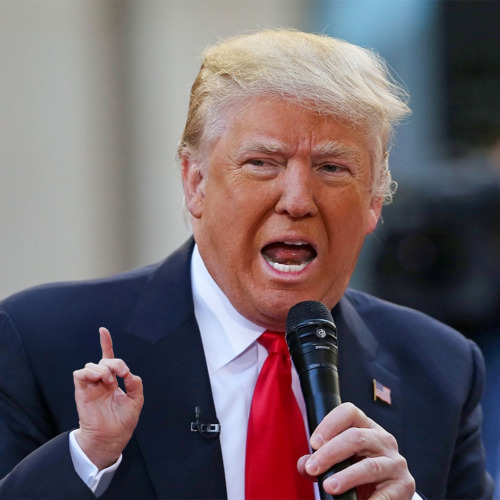Internet Memes have become one of the largest online forces that has emerged in the upcoming presidential election. One meme in particular has become so defining during this election that Hillary Clinton has taken the time to define it for many people not only in many of her speeches but on her website as well. The meme was given its own page on her website, which describes it as a racist meme taken the alt- right by storm.
The meme was most famously used by Eric Trump in an Instagram picture that featured pepe as well as other supposed racists memes with the quote “The Deplorables.” While the post was mean to fire back at Clinton’s claims that Trump followers are part of a “basket of deplorables” the Instagram picture did more to spur controversy about Donald Trump already racist platform.
While the meme is in the media now because of people like Trump and Hillary, this is far from Pepe’s first wave of popularity. “Pepe is an internet symbol that has been around for years. He was a character in the comic “Boy’s Club” by Matt Furie, and he used to be known as “Feels Bad Man,” because he looked so sad. Feels Bad Man frog inspired many spinoffs over the years, but until 2015, he was a symbol of sad-sack, beta-male singledom for users of 4chan. That site is widely described as the “cesspool” of the internet. It is basically a locker room full of a bunch of single dudes commiserating over their social awkwardness.”
People such as my younger brothers have been using this meme in an innocent way for many years, so how do people feel now that the meme has evolved? Especially within younger communities that are too young to vote the alt-right takeover of pepe the frog can seem irrelevant and downright unfairr.
My youngest brothers, Eric and Tomas, are twins and attend public school they are both 12-years-old. They both have social media accounts but instead of face book like I had when I was in middle school they spend their time exchanging memes through the DM pages on Instagram. Because of their age not only are they too young to vote but are arguably to young to truly understand the social and political implications of this election. Eric in particular used to love using pepe and still does on occasion. “It’s just a meme I don’t know its means you’re like ugh just done with stuff just like the troll meme,” he said giggling uncomfortably clearly.

